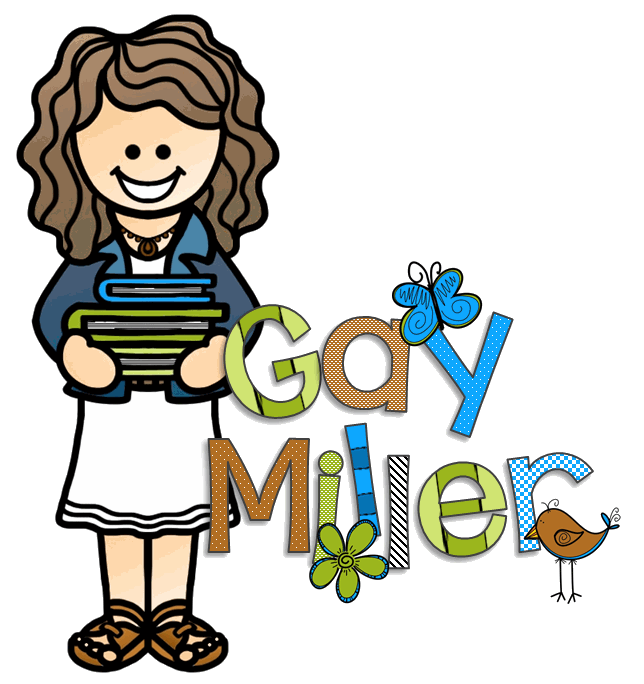
“Looking for a fun and engaging way to help your 4th–6th 6th-grade students strengthen their prediction skills?” Look no further than this comprehensive lesson plan!
This post shares activities, essential questions, and resources to support your students’ learning. By the end of this lesson, your students will better understand how to predict outcomes and will be excited to apply their new skills in the classroom and beyond.
Be sure to get the handout. It includes the printables you need to complete some of the activities.
Teaching Students to Predict Outcomes Lesson
 Activity #1: Predicting Outcomes Hook Activity
Activity #1: Predicting Outcomes Hook Activity

Show close-up photos of everyday objects and ask students to predict what they might be. Present a second photo revealing the entire thing and ask students to evaluate the accuracy of their predictions. Discuss the importance of using evidence and logical reasoning to make informed predictions.
 Activity #2: Brochure Fold Graphic Organizer
Activity #2: Brochure Fold Graphic Organizer

Distribute the foldable organizer and review the definitions and examples of predictions together as a class. Have students complete the graphic organizer by identifying predictions from texts or real-life scenarios while watching the instructional video.

 Activity #3: Animated Short from Pixar
Activity #3: Animated Short from Pixar

Play the animated short film “Big Buck Bunny” from Pixar. The short follows Big Buck Bunny through a day in his life. During the day, three rodents amuse themselves by harassing helpless creatures by throwing fruit, nuts, and rocks at them. After a while, Big Buck Bunny has had enough. He uses a variety of traps to trap the rodents. Be prepared to pause the video to ask students to predict what will happen.

 Activity #4: Stories without Endings
Activity #4: Stories without Endings
Choose a short story with an open ending or create a scenario that students can continue. Read the story’s beginning to the class and ask students to predict what will happen next. As you continue reading and revealing more details, discuss any changes or adjustments students make to their predictions.
 Activity #5: Online Game to Help Students Predict Outcomes
Activity #5: Online Game to Help Students Predict Outcomes
“The Detective’s Notebook Game” is an interactive game designed to help students improve their reading comprehension skills by thinking about what they are reading and answering questions that require inferencing. In the game, students can access an amateur detective’s notebook where several clues or events have been observed. As students read the clues, they must infer what is taking place and make predictions.
This game helps students practice predicting outcomes in a fun, interactive format.
 Activity #6: Books to Help Students Predict Outcomes
Activity #6: Books to Help Students Predict Outcomes

Introduce a selection of books related to predicting outcomes. Let students browse the books individually or in small groups, pausing to make predictions as they read. Encourage students to share their predictions and discuss how the books’ illustrations or prior knowledge influenced their predictions.
Books to Help Students Predict Outcomes
- What Do You Do With a Tail Like This? by Steve Jenkins
- Sylvester and the Magic Pebble by Willian Steig
- Tuesday by David Wiesner [wordless adventure]
- A River Ran Wild: An Environmental History by Lynne Cherry
Download the handout provided to access the complete lesson plan and resources for implementation.
This lesson plan helps 4th–6th 6th-grade students strengthen their prediction and inference skills through engaging, hands-on activities. Students will strengthen their abilities to make informed predictions, analyze texts critically, and evaluate evidence through engaging activities.
By mastering this skill, students will become more confident and proficient readers, capable of making insightful predictions.
Happy teaching!
Want More Reading Skill Practice?
Build a strong foundation in comprehension with my Reading Skills Bundle. It includes 12 complete units covering:
- Text Structure
- Story Elements
- Main Idea & Details
- Cause & Effect
- Compare & Contrast
- Inference
- And more!
Each unit comes with printables, graphic organizers, and engaging activities that make reading skills stick.



